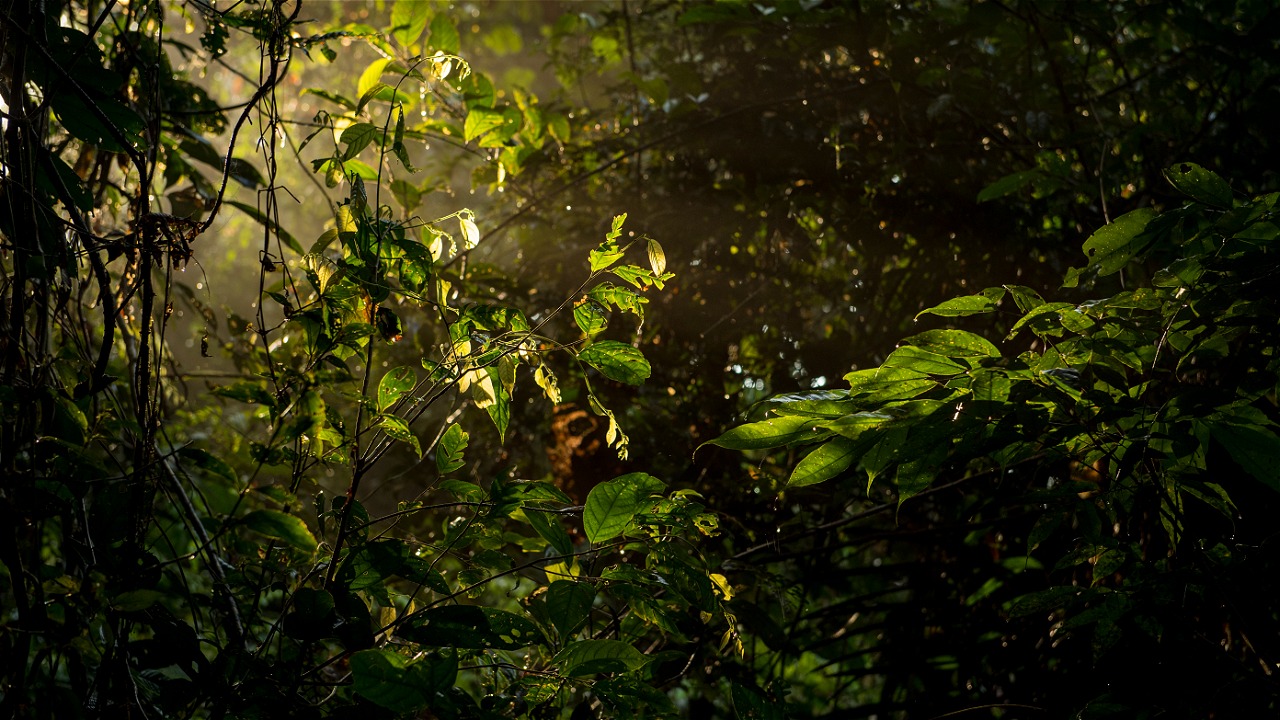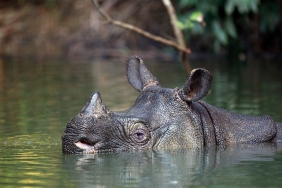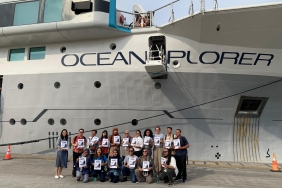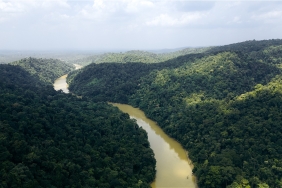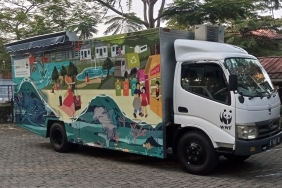GETTING TO KNOW THE HABITAT AND HOW TO PROTECT SUMATRAN TIGERS IN BUMI PANDA
By: Kesia Amelia (VolunteerBumi Panda)
In commemoration of Global Tiger Day, Bumi Panda WWF-Indonesia delivered the #DoubleTigers campaign to visitors. The activity was carried out on Sunday (31/07) when 52 children from Yayasan Al-Husainiyah Orphanage, Bandung, were visited. Accompanied by facilitators from the Sun Bear Community, they began with an introduction and tour of Bumi Panda.
"Currently, the world is celebrating Global Tiger Day so that people are aware of the situation of tigers around the world, including Indonesia," said Sani Firmansyah, a team member from Bumi Panda when welcoming the children. Sani also explained that Indonesia has the Sumatran tiger, the only remaining big cat in the country as the Balinese and Javanese tigers are already extinct. "Currently, there are only 371 Sumatran tigers left and they are increasingly threatened by rampant poaching and the shrinking forests where they live," Sani added.
In addition to explaining about tigers, Sani also explained about other animals that are the focus of WWF-Indonesia's conservation work and their role in maintaining the balance of the ecosystem. "Sis, how do we keep tigers around?" asked Dani. "Good question Dani. It's easy, one way is to start using less tissue and paper. These items are made from trees (taken from the forest)," replied Sani.
After touring Bumi Panda, the children headed to the Bumi Panda Water Laboratory to test water samples. When entering the laboratory, children were allowed to wear laboratory coats and hats that had been provided. Not only did the children enter the laboratory, the facilitators from the Sun Bear Community also entered the laboratory to conduct water testing.
Before starting to observe the water samples, Sani explained about Rimbang Baling Wildlife Sanctuary, Riau, one of the original habitats of Sumatran tigers. "In Rimbang Baling, brothers and sisters from WWF-Indonesia invite the community there to maintain clean water (river) because if the water quality is damaged, it will certainly affect the Sumatran tiger population there," said Sani.
A discussion about water ensued after the explanation of Rimbang Baling. The participants were invited to discuss the origin of clean water. This discussion was made more interesting by the infographic about water. Next, they observed water using red and blue litmus paper to determine whether the water was in acidic or alkaline conditions. Observations using a microscope made the children enthusiastic. They were able to see some of the microorganisms contained in the water samples.
The day's activities ended with watching a film about the relationship between humans and animals, a video about behavior that will turn back on ourselves, tiger hunters, and human life today. The screening of short videos with various themes is intended to make participants aware of the importance of the role of humans in protecting the environment and the importance of protecting the existence of animals, especially those that are already rare.
"The tiger is hunted for its skin, fangs, and bones to be used as trinkets and traditional medicines. In fact, based on research, medicines from these animals have no efficacy," explained Amel, Bumi Panda's volunteer. The children were happy to learn more about Sumatran tigers. They hope that tigers will be preserved in their natural habitat.

